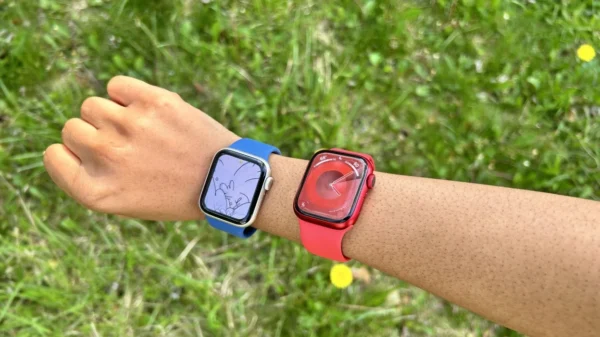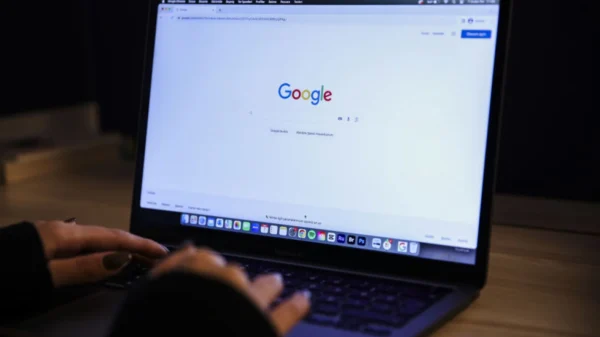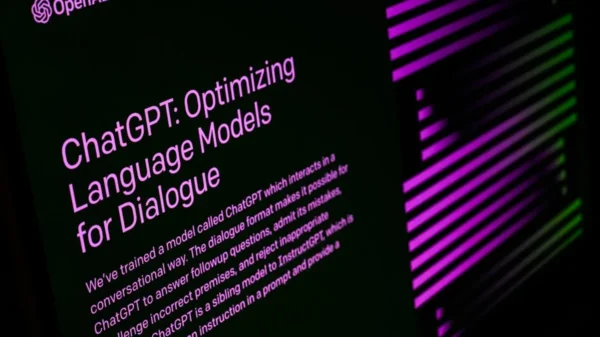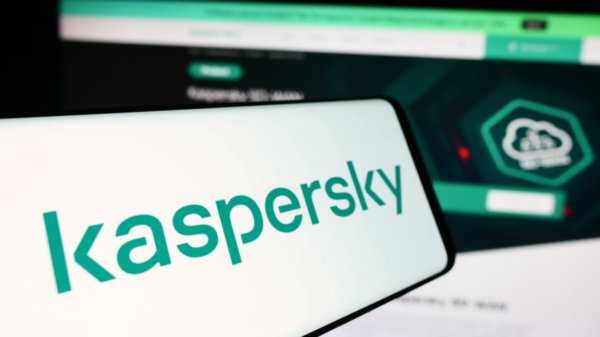Google is integrating its AI research groups to stay competitive in AI.
The DeepMind and Google Brain teams from Google Research became Google DeepMind today. In a blog post, Demis Hassabis, the DeepMind co-founder and CEO, wrote that Google DeepMind would “deliver AI research and products” in “close collaboration” across Google product divisions.
Google will construct a new scientific board overseen by DeepMind’s VP of research, Koray Kavukcuoglu, to supervise research and the unit’s future. Eli Collins, VP of products at Google Research, will join Google DeepMind as VP of products. In contrast, Google Brain lead Zoubin Ghahramani will join the research leadership team, reporting to Kavukcuoglu.
Google Brain co-founder Jeff Dean will become Google Research and DeepMind’s top scientist, reporting to Google CEO Sundar Pichai. Google Research will remain independent under Google SVP of Technology and Society James Manyika and focus on “fundamental advances in computer science across areas such as algorithms and theory, privacy and security, quantum computing, health, climate and sustainability and responsible AI.”
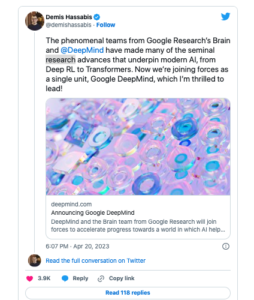
“Through Google DeepMind, we are bringing together our world-class AI talent with the computing power, infrastructure and resources to create the next generation of AI breakthroughs and products across Google and Alphabet, and to do this in a bold and responsible way,” Hassabis wrote. “This new unit will create the next wave of world-changing breakthroughs.”
Hassabis, Shane Legg, and Mustafa Suleyman founded DeepMind in 2010, which Google bought for $500 million in 2014. The lab developed AI to beat professional Go players and anticipate complex protein structures.
Google Brain was founded in 2011 by Dean, Google researcher Greg Corrado and Stanford University professor Andrew Ng. It created TensorFlow, an AI model generation framework, and improved Google Translate.
From the outside, DeepMind and Google Brain have collaborated well since the acquisition. However, DeepMind and Alphabet, which owns Google, have periodically clashed.
DeepMind executives reportedly negotiated with Google for years for more autonomy and an autonomous legal structure for their sensitive research. May 2021 ended negotiations.
With its expanding expenses, including a computation to train enormous AI models and a 1,000-person workforce, DeepMind has struggled to break even. 2019, Alphabet wrote off approximately £1.1 billion ($1.5 billion) of DeepMind’s debt. In 2020, DeepMind made £44 million ($60 million) after losing £477 million ($650 million) in 2019. Its revenue comes mostly from licensing its technologies to Alphabet companies like Waymo.
As Alphabet competes with Microsoft and OpenAI for revenue-generating AI, DeepMind has gained relevance.
Last month, The Information claimed that Google Brain group and DeepMind engineers are developing software to compete with OpenAI’s Gemini. Alphabet’s stock has plummeted due to Google’s latest AI product launches, notably the chatbot Bard.
Google is also apparently spending heavily on Magi, a set of AI-powered search features, in response to Microsoft’s close work with OpenAI on Bing Chat, an AI-powered chatbot integrated with Bing’s search engine. Magi’s 160-person task force was constituted this year.
“We’ve been an AI-first company since 2016 because we see AI as the most significant way to deliver on our mission,” Pichai said in a blog post this afternoon. “Progress has accelerated. Google DeepMind will help us construct safer, more intelligent systems to support general AI’s ambitious and responsible growth.


